- Free schools for IDP children in Arakan State struggle to stay open amid funding shortfall
- Female-headed IDP households in Ponnagyun Twsp struggle as commodity prices surge
- Min Aung Hlaing likely to take State Counsellor role in post-election government formation: Analysts
- Hindus express hope for educational reform under AA administration
- Arakanese zat pwe performers struggle to survive as conflict halts traditional shows
Fears that cancelled elections in Arakan will prompt more conflict
Lawmakers have warned that cancelled elections could widen the conflict arena in Arakan State as voters in the affected townships are deprived of parliamentary politics as an avenue for political expression and recourse.
19 Oct 2020
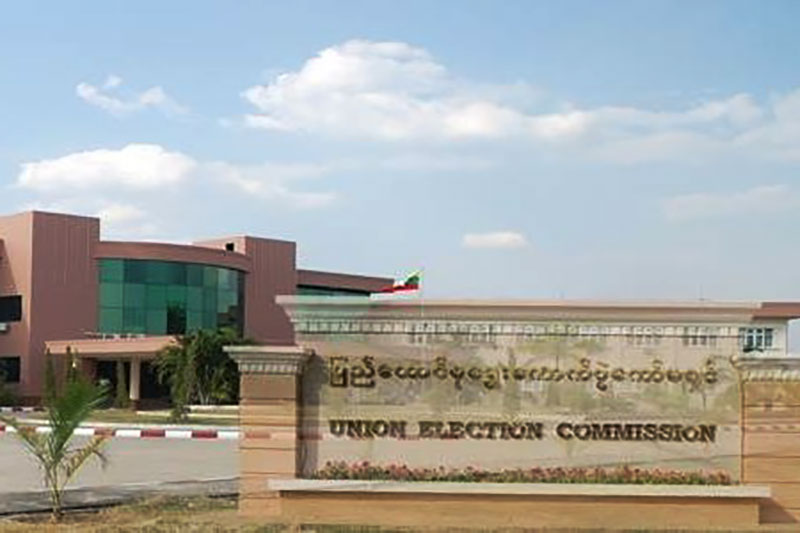
Min Tun | DMG
19 October 2020, Sittwe
Lawmakers have warned that cancelled elections could widen the conflict arena in Arakan State as voters in the affected townships are deprived of parliamentary politics as an avenue for political expression and recourse.
Nine townships in Arakan State will not hold elections at all on November 8, and some wards and villages in four other townships will not be able to vote, according to an announcement from the Union Election Commission (UEC) on October 16.
“The narrower the political arena, the wider the military arena,” said Daw Khin Saw Wai, the sitting Pyithu Hluttaw lawmaker for Rathedaung Township. “If so, local people will face loss. A wider military arena cannot provide anything good or effective to the people. Therefore, politics must stay alive.”
The nine townships where no voting will take place are Pauktaw, Ponnagyun, Rathedaung, Buthidaung, Maungdaw, Kyauktaw, Minbya, Myebon and Mrauk-U. Among them, most have seen fighting between the military and the Arakan Army (AA) in the recent past.
In the cancelled townships, constituents will no longer have lawmakers to represent their interests and concerns in the legislatures at the state and national level, said U Aung Thaung Shwe, the Pyithu Hluttaw MP for Buthidaung Townships.
“People flee and lose their lives due to fighting. Their places of residence don’t have rule of law and experience a deterioration of the administrative machinery. So local people become victims of human rights violations. Without elections, no one can give voice to those people. As such, we all are concerned about the people,” he said.
The UEC has cited conflict dynamics and security concerns in justifying its decision to cancel elections in Arakan State.
Ethnic political parties in the affected townships, however, have pointed out that the nixed constituencies in Arakan State are not favourable electoral grounds for the ruling National League for Democracy.
Dr. Myo Nyunt, an NLD spokesperson, said: “Our party did not interfere in the designations of the Union Election Commission for the townships where holding the election is impossible on security grounds.”
U Win Aung, an Arakan National Party candidate for an Amyotha Hluttaw seat, was unsparing in his criticism of the UEC decision.
“With regard to current trends, not only the government but also the military have negligently set aside national reconciliation,” he said. “I’d like to say that democratic norms have been totally set aside. Everybody has known about the existing armed conflicts. I’d like to raise a question as to why the government didn’t host a dialogue to seek secure ways and means to hold the election.”
Hostilities between the military and the Arakan Army have flared with regularity in western Myanmar since late 2018, and the number of civilians killed or wounded by landmines, errant artillery fire or other combat-adjacent violence continues to climb.
With the cancellations announced last week, more than 1.2 million eligible voters have been disenfranchised, according to the Arakan State election subcommission.




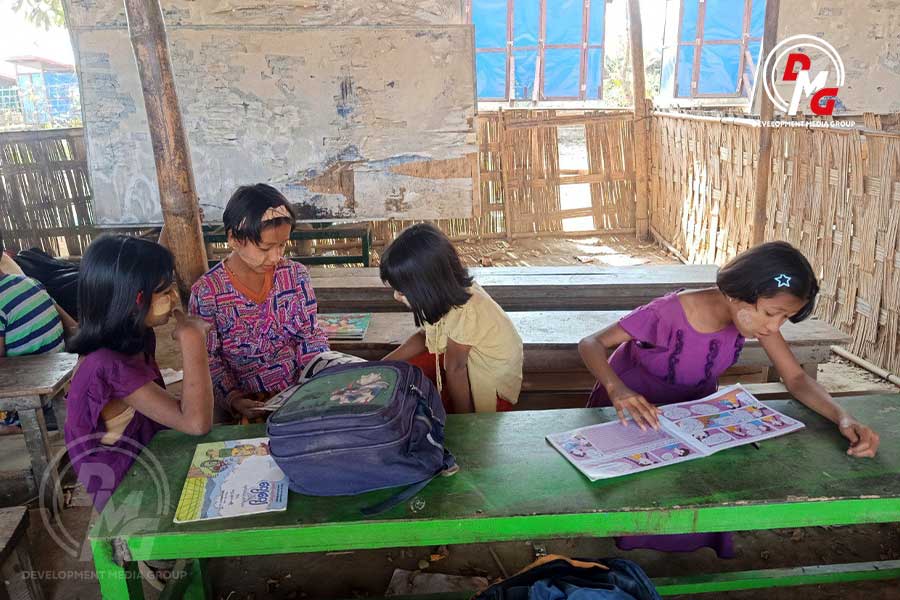
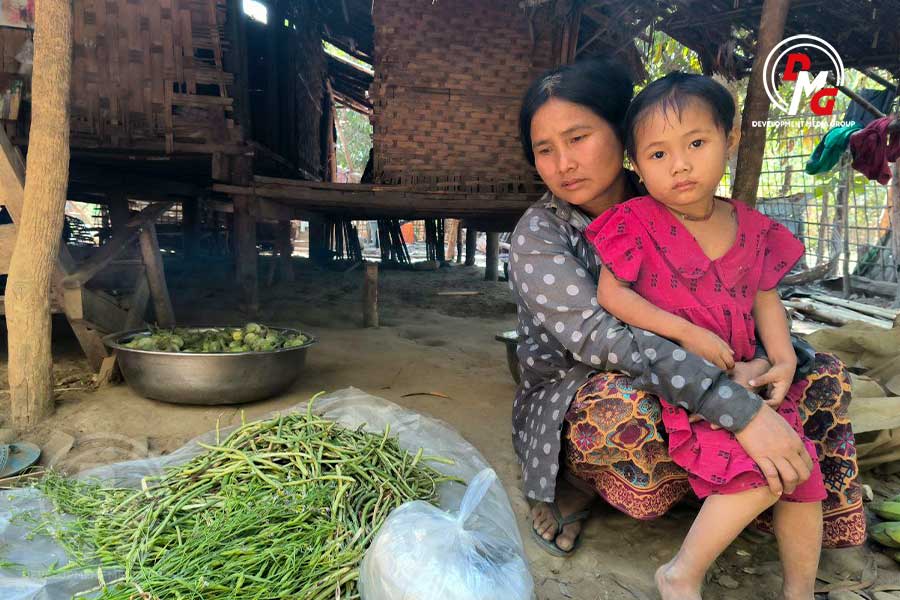
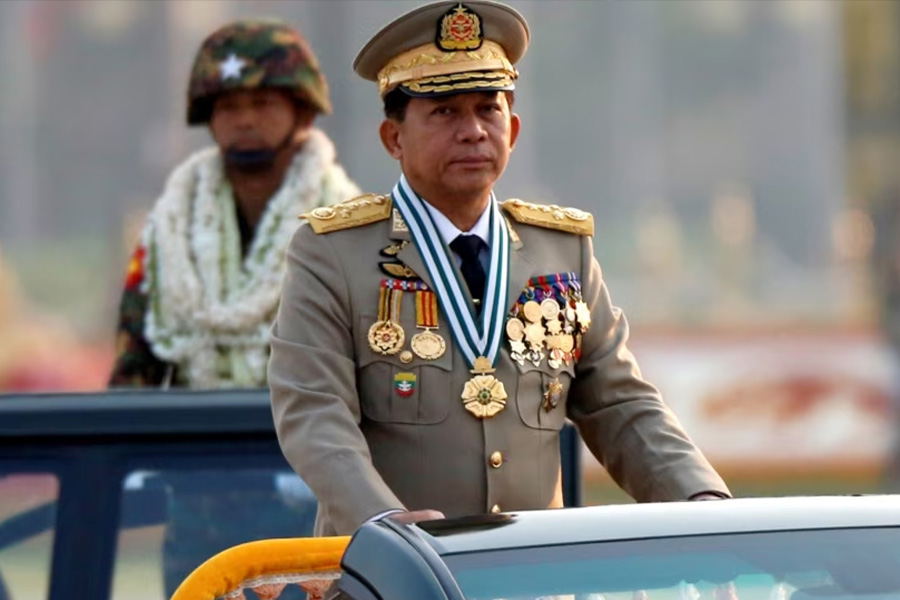
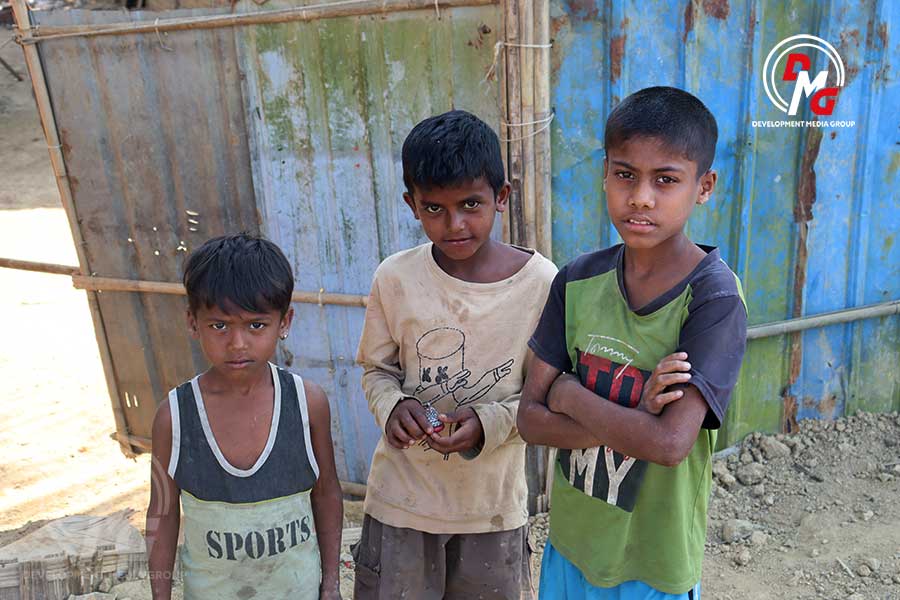
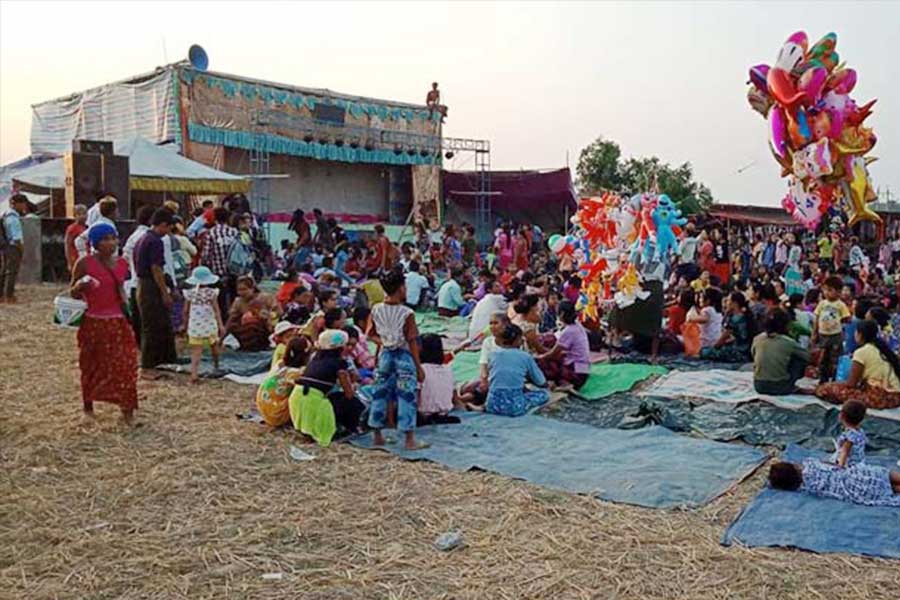








.jpg)